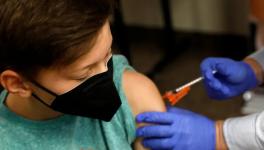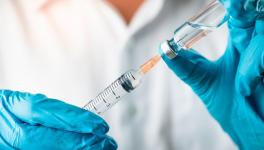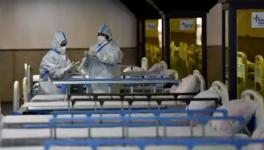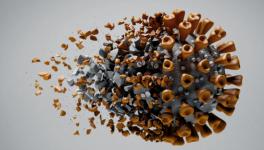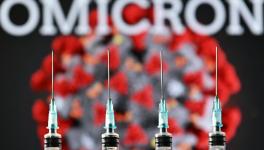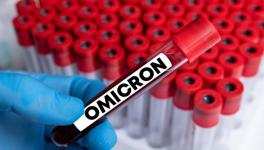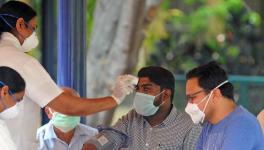Children Show Low Levels of Antibodies Against COVID-19, New Study Suggests
New research has said that antibodies, the fighter protein molecules of our immune system, are very low among children who suffer from COVID-19. Antibodies are essential protein molecules produced by our defence mechanism—the immune system to fight off pathogens (agents that can cause disease like virus, bacteria, fungi etc.). The study was published in JAMA on March 9 and was conducted in Australia.
The study took 57 children with a median age of 4 years and 51 adults with a median age of 37 years. Both the groups developed COVID-19 within the time period of May 10 to October 28, 2020. The participants from both the groups either had milder symptoms like headache, fever or were asymptomatic.
The researchers used nose and throat swabs for their study to estimate the levels of RNA of the coronavirus. The SARS-CoV-2 coronavirus is an RNA virus, which means RNA as its genetic material. The researchers also took blood samples from the participants to assess the level of virus-fighting antibodies. The results of the study were astounding—while 76% of the adult group had antibodies against the coronavirus, only 37% of the children had the antibodies. Interestingly participants from both groups had similar viral loads. The viral load signifies the amount of virus in an infected person.
However, this is not the first time where a sharp difference in antibody response in children has been found. Previously, Donna Farber, an immunologist at Columbia University, USA, and her team also reported having found a broader set of antibodies among adult COVID-19 patients. The study also said that adults produced more of the virus blocking antibodies than children. According to Farber, the latest Australian study is confirmatory to the previous findings.
Worth recalling here is that antibodies are hallmarks in providing protection from getting infected in the first place and saving a patient from getting a severe disease. The neutralising antibodies protect one from getting infected by the virus. Again, all of the Covid vaccines focus on antibodies against the coronavirus. In such a scenario, the absence of antibodies among children could be a significant cause of concern. If antibodies are not adequate, then how can they remain safe?
A possible answer can lie in the immune system itself. The immune system has two arms for protecting us from invading pathogens—the innate and the adaptive. The innate arm is robust and gets activated in no time. An example of it is the lacrimal fluid found in our eye, which has a slightly acidic character, and as a response to a foreign object in the eye, the fluid readily washes it off. There are several other cells and molecules in the immune system that belong to our immune system's innate arm.
On the other hand, the adaptive arm is more sophisticated, and it takes time for its activation. The adaptive immune system involves numerous signalling processes for its activation and its response against a pathogen. The antibodies belong to the adaptive part, so do the T cells and the B cells.
The innate arm is the first line of defence against any pathogen. In children, who lack antibodies, the innate immune response is thought to be so strong that the virus is killed in the first line of defence itself. A robust innate immune response would not leave the virus for long so that the adaptive immune system even activates.
Earlier studies, including Kerstin Meyer, a cellular geneticist at the Wellcome Sanger Institute in Hinxton, UK, showed that children could unleash a more robust and quick attack on the invading virus through its innate arm in comparison to adults.
However, the strong innate immune response in children may not be the only explanation and may not be correct. Paul Licciardi, an immunologist at the Murdoch's Children Research Institute, Melbourne, Australia, commented that his team did not find an extraordinary innate immune response among children with fewer antibodies. Licciardi adds that there is something more to look into beyond the innate immune response.
Get the latest reports & analysis with people's perspective on Protests, movements & deep analytical videos, discussions of the current affairs in your Telegram app. Subscribe to NewsClick's Telegram channel & get Real-Time updates on stories, as they get published on our website.










